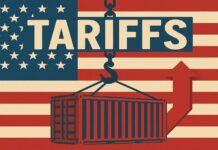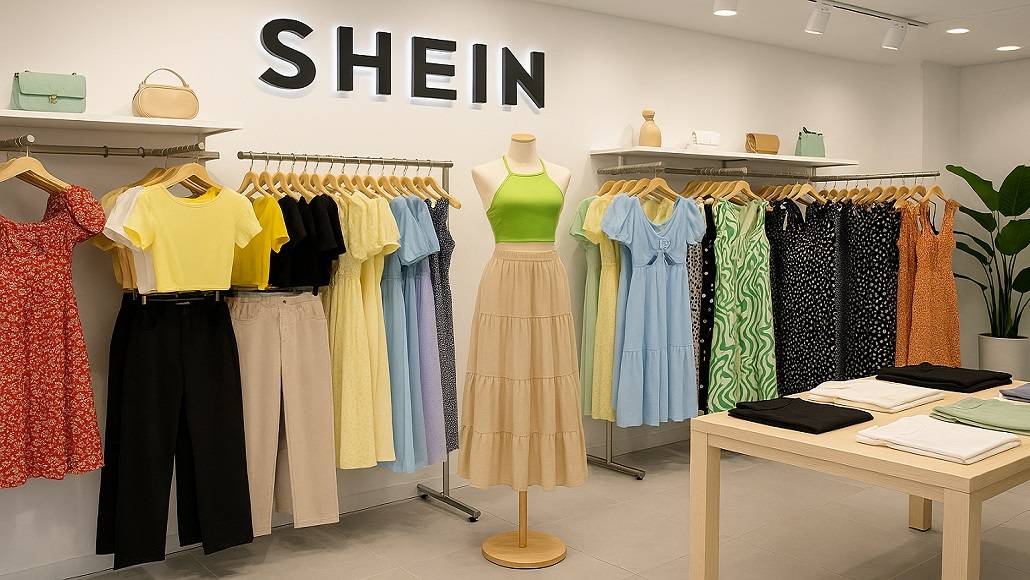Shein, the popular fast-fashion retailer, has recently faced significant legal challenges, culminating in a hefty $175 million fine imposed by French authorities. This penalty comes shortly after the company was hit with a $46 million fine in the United States, marking an escalation in regulatory scrutiny concerning its business practices and compliance with environmental standards.
The French fine is primarily attributed to Shein’s lack of transparency regarding its supply chain and inadequate measures in sustainability. French regulators have targeted the company for failing to provide clear information about the environmental impact of its operations and the materials used in its products. These fines reflect a broader trend among governments worldwide that are increasingly holding fashion brands accountable for their environmental footprints and business practices.
As a fast-fashion entity, Shein has built its business model on rapid production and low-cost clothing, leading to significant environmental concerns. Critics have raised alarms about the sustainability of such a model, particularly regarding waste and pollution. The recent penalties are a stark reminder of the growing expectations for ethical practices within the fashion industry.
In light of these fines, Shein has expressed a commitment to improving its sustainability initiatives and enhancing its transparency. The company recognizes that to maintain its market presence, particularly in Europe, it must adapt to the evolving regulatory landscape that prioritizes environmental responsibility.
The growing awareness among consumers regarding sustainability issues means that brands like Shein are under pressure to foster trust and demonstrate accountability. Moving forward, the company will need to implement comprehensive measures to address these concerns, including improving supply chain transparency and adopting sustainable sourcing practices. The recent penalties may serve as a crucial turning point for Shein, compelling it to reassess its operational strategies and align more closely with global standards for ethical fashion. Ultimately, the fashion industry’s response to sustainability challenges will shape its future trajectory and the viability of brands operating within it.


































